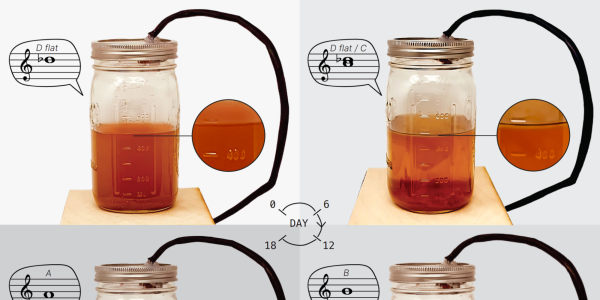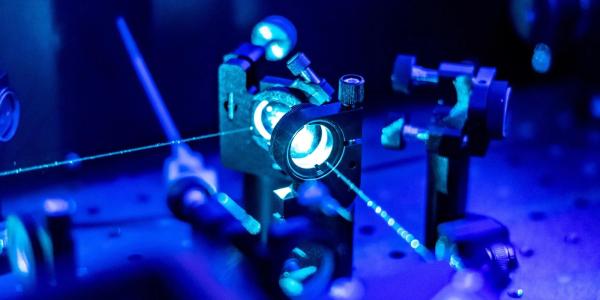Ten plug-in hybrid vehicles, or PHVs, have been added to a University of Colorado Boulder study that has been examining user experiences and system interactions since September 2010 in the local smart-grid environment.
The increase will allow researchers from CU-Boulder’s Renewable and Sustainable Energy Institute, or RASEI -- a joint venture with the U.S. Department of Energy’s National Renewable Energy Laboratory -- to gather data from a broader base of participants. The loan of Prius cars from Toyota Motor Sales U.S.A. Inc. will expand the originally supplied fleet to a total of 28.
“RASEI’S expertise in analyzing trends in consumer use of energy gives us an opportunity for research at this critical nexus of the electric utility and transportation industries as they transition to the future,” said Michael Knotek, RASEI director. “We are delighted that this project is valuable to Toyota.”
The Boulder location presents the opportunity for study participants to track their household electricity use through smart-grid technology, and for researchers to monitor the performance of Toyota’s first-generation lithium-ion drive battery at high altitudes, in cold weather and in mountainous terrain.
The cars are circulated in nine-week intervals among randomly selected households. Participants receive a “smart plug” -- a device installed in home garages -- from Xcel Energy that allows online monitoring of their car’s electricity use and their home’s energy consumption. There also are numerous dashboard displays in the PHVs that show gas mileage when driving in electric mode and hybrid mode.
The PHV demonstration vehicles can be fully charged in approximately three hours using a standard 110-volt electrical outlet and can cruise in electric-only mode for about 14 miles. For longer distances, the PHVs revert to hybrid mode and operate like regular Prius cars.
“One of RASEI’s goals is to establish public-private partnerships that bring together academic, industry and government lab research,” said Knotek. “The PHV study, supported by Toyota with the integral participation of Xcel Energy, is the first of many RASEI projects that reflects this type of comprehensive and valuable collaboration.”
The study’s principal investigator is Barbara Farhar, RASEI’s senior research associate. The co-principal investigator is Dragan Maksimovic, CU-Boulder professor of electrical, computer and energy engineering.
For more information on RASEI visit http://rasei.colorado.edu.
For more information on Toyota’s plug-in hybrid demonstration and research program visit http://www.toyota.com/esq/.
Contact:
Janet Braccio, 303-499-9031
janetbraccio@comcast.net
Alison Peters, 303-492-3490
alison.peters@colorado.edu
Elizabeth Lock, CU media relations, 303-492-3117
elizabeth.lock@colorado.edu




